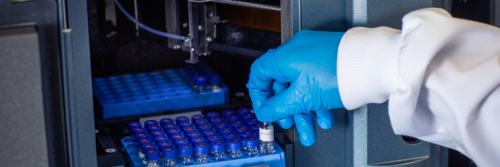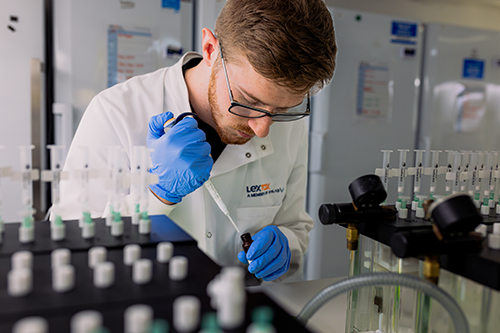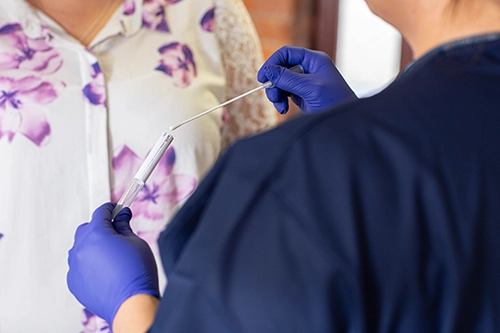This test resolves doubts relating to the paternity of a child. The test works by comparing the DNA profile of a child with the profiles of their mother and alleged father. If the mother is unavailable for testing, we can usually perform a motherless paternity test.
Our prenatal DNA test is 17025 accredited and an accurate and non-invasive way to determine paternity prior to a child’s birth. This means that care plans can be put in place ahead of the birth.
A mouth swab is required from the alleged father and a blood sample from the biological mother’s arm. After profiling the mother and foetus, we are able to compare the markers against the alleged father’s DNA.
A maternity DNA test is used to determine whether a woman is the biological mother of a child.
Like a paternity test, the maternity test works by comparing the DNA profile of a child, the alleged mother and, when available, the child’s father.





